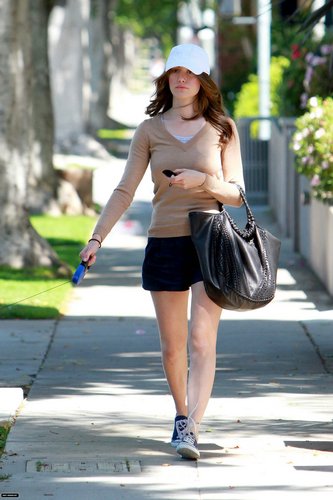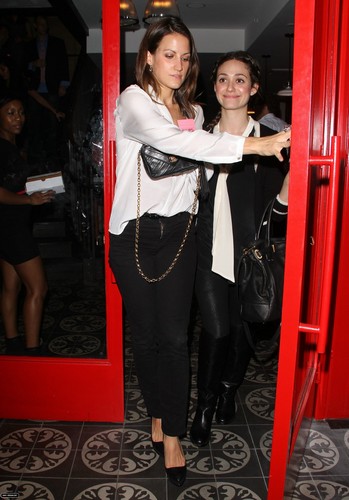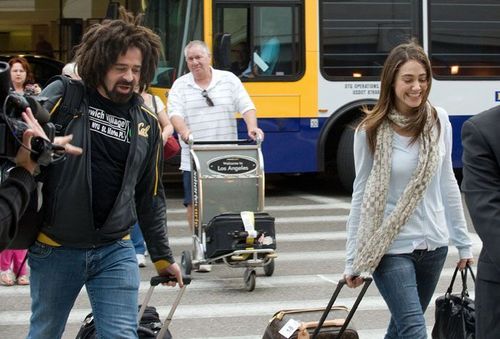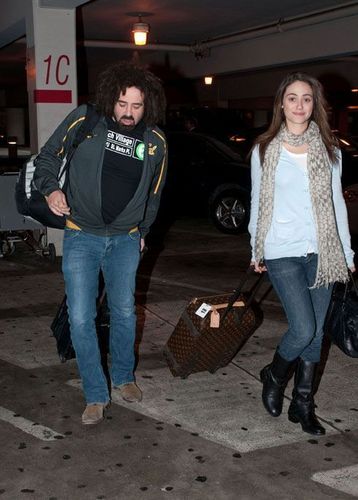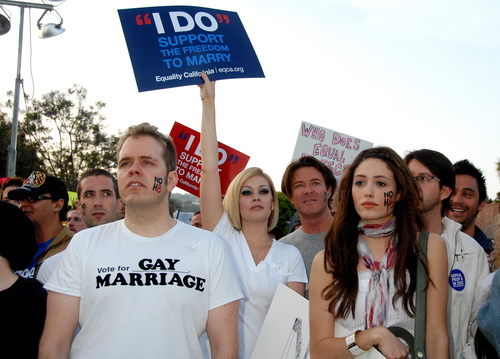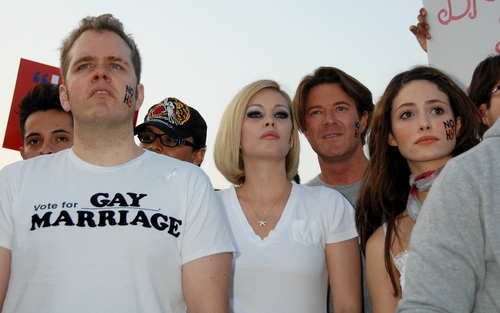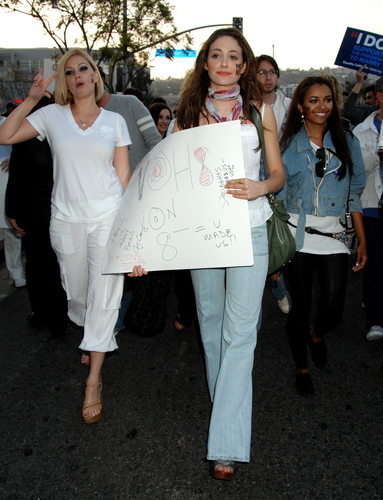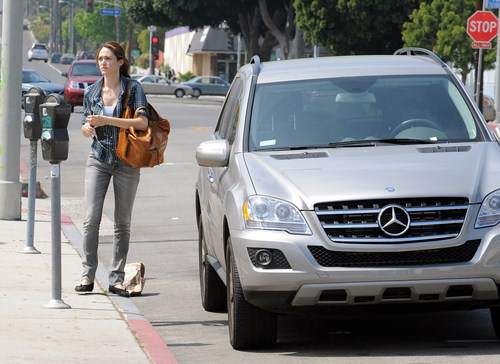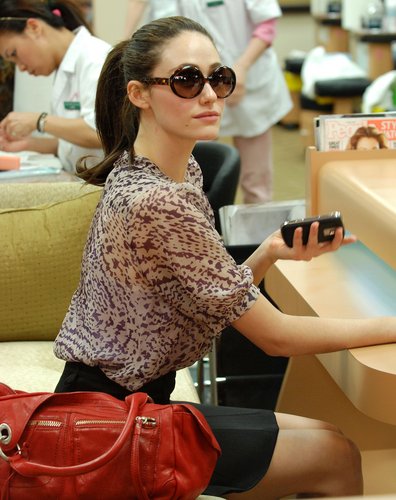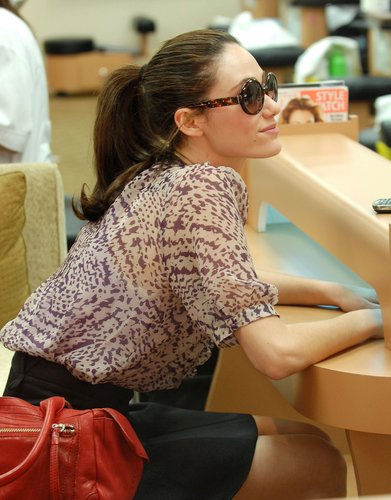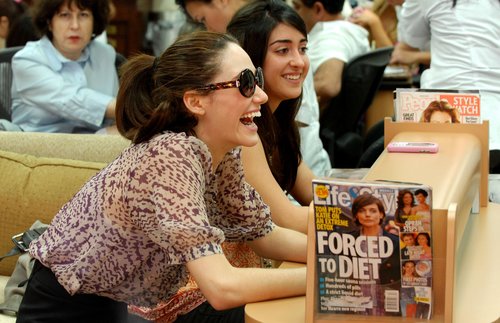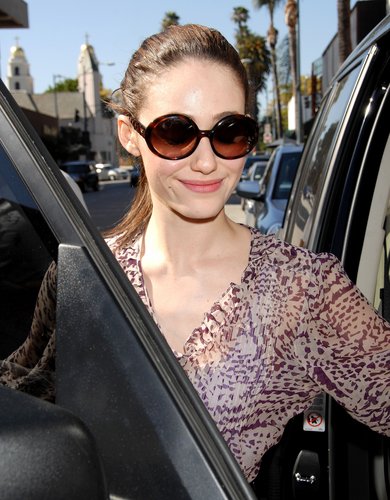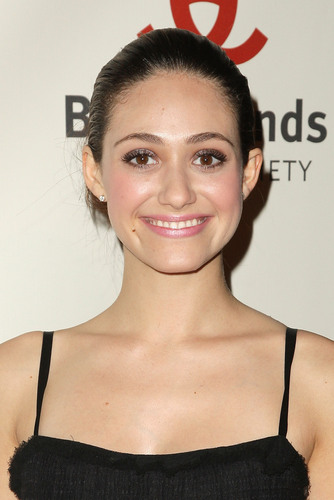“Inside out/Before wewe now/Bare these bones/And lay me down…Will wewe take me as I am?” “Inside Out”
“This muziki is who I am,” says 20-year-old Emmy Rossum of her self-titled debut on Geffen Records. “In the movies, I’ve always felt like one piece of the puzzle. But this is all me. It’s my baby. I get to write, direct and star. And that’s the most fulfilling thing. It’s everything I’ve always wanted to do. This muziki is so close to me. It’s something new… wewe can’t categorize it.”
With a Golden Globe nomination for her performance as Christine in the film version of Andrew Lloyd Webber’s The Phantom of the Opera and major roles in the big-budget Hollywood motion pictures Mystic River, The siku After Tomorrow and Poseidon, Rossum has made her name as an actress, but her first upendo has always been music. kwa the age of seven, she was imba with the Metropolitan Opera, performing in zaidi than 20 separate productions in six different languages at lincoln Center alongside ikoni such as Placido Domingo and Luciano Pavarotti.
“There’s a picha of me listening intently to a violinist in Central Park when I was two,” says Rossum, who grew up in Manhattan an only child, raised kwa her photographer mother. With her mom often traveling, the young Emmy was often left to her own devices, much of the time spent listening to classical muziki like Vivaldi and jazz kinanda kwa John Lewis.
That longing for closeness and fear of abandonment can be heard on several songs from the new album, written largely kwa Rossum with producer Stuart Brawley. It is a showcase for her remarkable vocal range. With a lush, sensual style, Rossum sings every note on the album. Her vocals seduce, rather than onyesha off.
The first single, “Slow Me Down,” about trying to “find a respite from all the craziness,” is made up of zaidi than 150 different parts and harmonies, every one of them sung kwa Emmy herself, including, in some cases, the percussion. “Stay” was the first piece she wrote for the record.
“That’s about wanting to be sexy and vulnerable for someone wewe like,” she says. “And not being afraid to ask them to stay, even if just for the night.”
“Pop muziki was fascinating to me. Since I was immersed in classical and opera, I was 13 before I heard a drum, a guitar, au anybody belting out a song,” she admits. “When I finally did, it was amazing to me.”
“I didn’t want this album to be like, ‘Look what I can do,’” she says. “People have heard me hit the high ‘E’ in Phantom of the Opera, and I’ll use that range to occasionally add different colors. But I wanted to create a kind of muziki that would allow me to use my voice as another instrument. I sing the parts that would be played kwa guitar, gitaa au piano. I tried to discover, how much can wewe do without instruments? What is the boundary of the human voice?”
The gentle “Lullaby” reflects a childhood longing not only for someone to calm and ease her fears, but a desire to care for and comfort others, part of her own nurturing nature. “Things can sometimes weigh so heavily upon wewe as an adult,” she says. “Without anyone to sing wewe to sleep like when wewe were a kid. It’s a lullaby for adults, to know that we’re not alone, that someone loves and cares about you.”
When she started the recording process, Rossum decided she didn’t want to make the album in a “popera” classical style similar to Sarah Brightman, another diva associated with Andrew Lloyd Webber.
“I felt I had exhausted that part of myself,” she explains after her stints in the Metropolitan Opera and in Phantom. “I’ve been exposed to a lot of different kinds of muziki since that period of my life. There were so many other influences I picked up along the way.”
Indeed, on songs like “The Great Divide,” she shows the influence of her motion picture bow in 2000’s indie hit, Songcatcher, where she learned to sing folk and bluegrass muziki in her role as an Appalachian orphan, receiving an Independent Spirit Award nomination for Best Debut Performance. When Dolly Parton invited her to Nashville to record, it convinced Rossum she would one siku make her own album.
“That was a new experience for me, but I was really able to add to my repertoire,” she says of imba in Songcatcher. “The opera is all about technique, breathing and support. Here we were, sitting on a mountain, and the goal was the twang and the flips in the voice… the feeling and emotions of connecting to those words.”
She took that experience and put it to good use on her own album. “Everything I sing about in these songs has really happened to me… They are all things that I’ve been through myself,” she says.
“The Great Divide” tells of two people having a fight, with one of them trying to stop before saying something they’d be sorry for. “I had to color my voice in a certain way to sing it,” she says. “The plaintive tone and vocal flip have the same qualities of a Scottish/Irish folk song.”
“Inside Out” deals with “the scars everybody has, and the fear of inaonyesha them… It’s about opening yourself up and letting someone see the real you,” according to Rossum, while the romantic “High” was inspired kwa looking out the window of a plane and daydreaming of dancing among the white clouds and full moon with someone she loves, far removed from the earth below. The feeling of waiting “Just 24 zaidi hours/Until you’re kwa my side/I wait for dark to fall again/So I can be alive.”
“There’s a great deal of sadness in life, but I’m really a glass half-full kind of person,” she claims. “I didn’t want this album to be confessional au self-indulgent. I just wanted to be honest. The songs are personal. Many of them are about relationships, about breaking up au being in love. I’m a person who feels everything intensely, which is an asset and a problem.”
While her film career continues to gain momentum, Rossum is looking mbele to performing the material from her album in concert, already planning an elaborate stage set with video that can capture her imba with herself.
“I don’t do things halfway,” she says. “I’d like my live onyesha to be its own entity, a full presentation.”
On July 31st, Rossum will release an iTunes bundle with three songs, a video and a 15-minute documentary revealing a zaidi intimate side of her.
“I’ve never been zaidi excited about anything,” she says about the record. “This album is about figuring out who I am. It’s the real Emmy Rossum. For the first time, I’m not speaking someone else’s lines. I feel the most open and able to express myself in a song. It’s scary because it’s all me.”
If wewe think wewe know Emmy Rossum, listening to her muziki makes clear there’s a lot zaidi than meets the eye… and ear.
“This muziki is who I am,” says 20-year-old Emmy Rossum of her self-titled debut on Geffen Records. “In the movies, I’ve always felt like one piece of the puzzle. But this is all me. It’s my baby. I get to write, direct and star. And that’s the most fulfilling thing. It’s everything I’ve always wanted to do. This muziki is so close to me. It’s something new… wewe can’t categorize it.”
With a Golden Globe nomination for her performance as Christine in the film version of Andrew Lloyd Webber’s The Phantom of the Opera and major roles in the big-budget Hollywood motion pictures Mystic River, The siku After Tomorrow and Poseidon, Rossum has made her name as an actress, but her first upendo has always been music. kwa the age of seven, she was imba with the Metropolitan Opera, performing in zaidi than 20 separate productions in six different languages at lincoln Center alongside ikoni such as Placido Domingo and Luciano Pavarotti.
“There’s a picha of me listening intently to a violinist in Central Park when I was two,” says Rossum, who grew up in Manhattan an only child, raised kwa her photographer mother. With her mom often traveling, the young Emmy was often left to her own devices, much of the time spent listening to classical muziki like Vivaldi and jazz kinanda kwa John Lewis.
That longing for closeness and fear of abandonment can be heard on several songs from the new album, written largely kwa Rossum with producer Stuart Brawley. It is a showcase for her remarkable vocal range. With a lush, sensual style, Rossum sings every note on the album. Her vocals seduce, rather than onyesha off.
The first single, “Slow Me Down,” about trying to “find a respite from all the craziness,” is made up of zaidi than 150 different parts and harmonies, every one of them sung kwa Emmy herself, including, in some cases, the percussion. “Stay” was the first piece she wrote for the record.
“That’s about wanting to be sexy and vulnerable for someone wewe like,” she says. “And not being afraid to ask them to stay, even if just for the night.”
“Pop muziki was fascinating to me. Since I was immersed in classical and opera, I was 13 before I heard a drum, a guitar, au anybody belting out a song,” she admits. “When I finally did, it was amazing to me.”
“I didn’t want this album to be like, ‘Look what I can do,’” she says. “People have heard me hit the high ‘E’ in Phantom of the Opera, and I’ll use that range to occasionally add different colors. But I wanted to create a kind of muziki that would allow me to use my voice as another instrument. I sing the parts that would be played kwa guitar, gitaa au piano. I tried to discover, how much can wewe do without instruments? What is the boundary of the human voice?”
The gentle “Lullaby” reflects a childhood longing not only for someone to calm and ease her fears, but a desire to care for and comfort others, part of her own nurturing nature. “Things can sometimes weigh so heavily upon wewe as an adult,” she says. “Without anyone to sing wewe to sleep like when wewe were a kid. It’s a lullaby for adults, to know that we’re not alone, that someone loves and cares about you.”
When she started the recording process, Rossum decided she didn’t want to make the album in a “popera” classical style similar to Sarah Brightman, another diva associated with Andrew Lloyd Webber.
“I felt I had exhausted that part of myself,” she explains after her stints in the Metropolitan Opera and in Phantom. “I’ve been exposed to a lot of different kinds of muziki since that period of my life. There were so many other influences I picked up along the way.”
Indeed, on songs like “The Great Divide,” she shows the influence of her motion picture bow in 2000’s indie hit, Songcatcher, where she learned to sing folk and bluegrass muziki in her role as an Appalachian orphan, receiving an Independent Spirit Award nomination for Best Debut Performance. When Dolly Parton invited her to Nashville to record, it convinced Rossum she would one siku make her own album.
“That was a new experience for me, but I was really able to add to my repertoire,” she says of imba in Songcatcher. “The opera is all about technique, breathing and support. Here we were, sitting on a mountain, and the goal was the twang and the flips in the voice… the feeling and emotions of connecting to those words.”
She took that experience and put it to good use on her own album. “Everything I sing about in these songs has really happened to me… They are all things that I’ve been through myself,” she says.
“The Great Divide” tells of two people having a fight, with one of them trying to stop before saying something they’d be sorry for. “I had to color my voice in a certain way to sing it,” she says. “The plaintive tone and vocal flip have the same qualities of a Scottish/Irish folk song.”
“Inside Out” deals with “the scars everybody has, and the fear of inaonyesha them… It’s about opening yourself up and letting someone see the real you,” according to Rossum, while the romantic “High” was inspired kwa looking out the window of a plane and daydreaming of dancing among the white clouds and full moon with someone she loves, far removed from the earth below. The feeling of waiting “Just 24 zaidi hours/Until you’re kwa my side/I wait for dark to fall again/So I can be alive.”
“There’s a great deal of sadness in life, but I’m really a glass half-full kind of person,” she claims. “I didn’t want this album to be confessional au self-indulgent. I just wanted to be honest. The songs are personal. Many of them are about relationships, about breaking up au being in love. I’m a person who feels everything intensely, which is an asset and a problem.”
While her film career continues to gain momentum, Rossum is looking mbele to performing the material from her album in concert, already planning an elaborate stage set with video that can capture her imba with herself.
“I don’t do things halfway,” she says. “I’d like my live onyesha to be its own entity, a full presentation.”
On July 31st, Rossum will release an iTunes bundle with three songs, a video and a 15-minute documentary revealing a zaidi intimate side of her.
“I’ve never been zaidi excited about anything,” she says about the record. “This album is about figuring out who I am. It’s the real Emmy Rossum. For the first time, I’m not speaking someone else’s lines. I feel the most open and able to express myself in a song. It’s scary because it’s all me.”
If wewe think wewe know Emmy Rossum, listening to her muziki makes clear there’s a lot zaidi than meets the eye… and ear.






